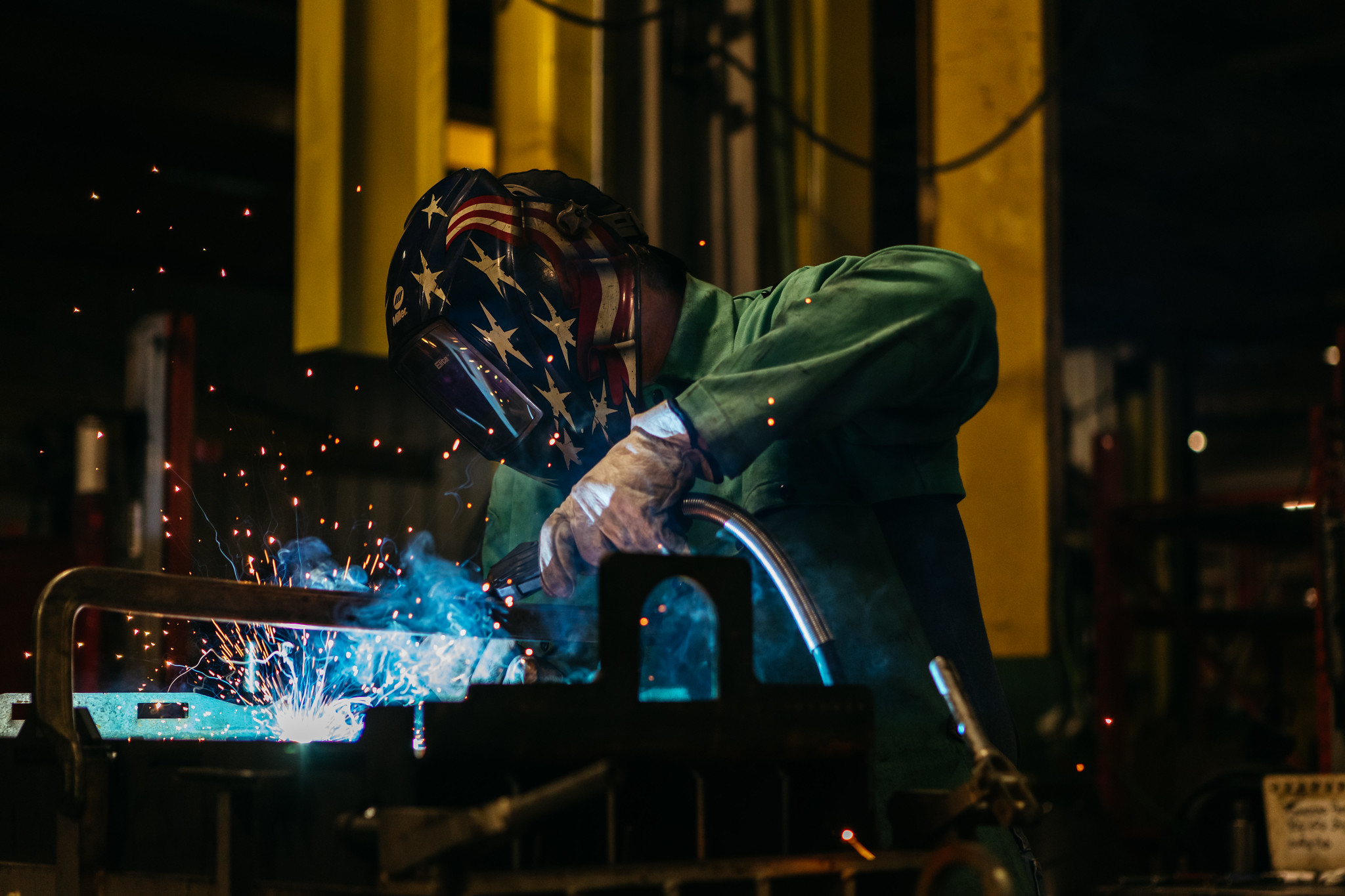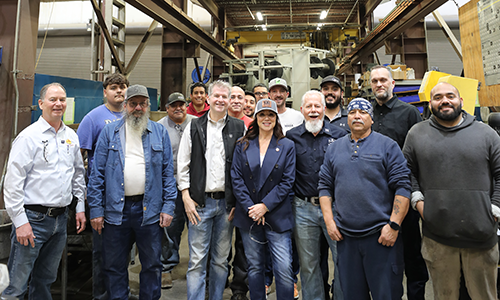By Kip Eideberg, AEM Senior Vice President of Government & Industry Relations —
Editor’s Note: This was originally published by the Washington Examiner. It is being republished here with their permission.
Here is an American success story for our polarized times: over the past decade, U.S. manufacturing has become stronger than it has been in a generation. U.S. manufacturing is experiencing a remarkable resurgence. Not only are American factories producing more—America is building more factories. According to data from the Census Bureau, spending on factory construction reached nearly $200 billion last year. The equipment manufacturing industry saw a 4.2% employment growth during the past few years, outpacing the broader — and equally impressive — manufacturing employment growth of 3.8%. Some four years after the global pandemic, American manufacturing is strong and resilient.
When policymakers work to strengthen America’s global competitiveness, we get good policy. Over the last eight years, the U.S. manufacturing sector has benefitted from transformative policies: The Biden administration delivered important policy wins like the Infrastructure Investment and Jobs Act, the CHIPS and Science Act, and certain provisions of the Inflation Reduction Act — and before that, the Trump administration presided over historic tax reform and regulatory certainty. This has helped fuel impressive job creation. According to the Bureau of Labor Statistics, the United States has the highest number of manufacturing workers since 2008.
Now, the challenge ahead of us is to maintain this momentum.
Equipment manufacturers still face persistent labor shortages, a regulatory onslaught, and inaction on key policy priorities that stifle growth.
Three critical tax provisions have expired or are being phased out: immediate expensing for domestic R&D, enhanced interest deductibility, and full expensing of investments in new equipment and machinery. This loss will make it significantly more difficult for U.S. businesses to invest at home and compete globally. Also, the pass-through business deduction is scheduled to expire after 2025, imposing a massive tax increase on hundreds of small equipment manufacturers and suppliers across the country.
Pro-growth tax policies are not enough. Permitting delays, red tape, and overcomplicated bureaucracy undermine American innovation, competitiveness, and technology leadership. Outrageously, it currently takes four and a half years for a project to obtain a federal permit. This slows or stops critical transportation, energy, water, and broadband infrastructure investments. While equipment manufacturers continue to invest heavily in new technologies that will help reduce emissions, improve air quality, and alleviate the effect of climate change, the Environmental Protection Agency is enacting rules that, however well-intentioned, will make it more difficult for the industry to achieve sustainability goals, slow economic growth, and push the economy toward recession.
For U.S. manufacturing to remain competitive in the global economy, we must negotiate more bilateral and multilateral trade agreements. With roughly 30% of all equipment manufactured in the United States destined for export, this is especially important for the equipment manufacturing industry. The United States has not finalized a new trade agreement in more than 10 years — while our competitors are pursuing trade negotiations at an aggressive pace. The United States has also operated without a Miscellaneous Tariff Bill for more than three years, effectively forcing small and mid-sized equipment manufacturers to pay millions of dollars in higher prices for critical inputs.
America also needs to grow our skilled workforce. Equipment manufacturers alone could immediately fill another 85,000 jobs with talented and skilled workers. The U.S. workforce is simply not on a trajectory to ensure the future is made in America. We must inspire the next generation, bring more women and veterans into the workforce, work on second-chance hiring, and reach a national consensus on immigration reform.
Equipment manufacturers are ready to do our part. The AEM Manufacturing Express, a national bus tour focused on equipment manufacturing workers, will visit more than 80 communities in 20 states this year. The mission: highlighting the vital role equipment manufacturers play in building a modern and resilient infrastructure, putting food on family tables, and powering vital public services and utilities.
This ambitious initiative will celebrate the 2.3 million men and women of the equipment manufacturing industry, telling their remarkable American success story. Along the way, we will remind lawmakers of the policies needed for equipment manufacturers to continue to do what they do best: invest in their communities, grow their businesses, and hire more Americans.
For American equipment manufacturing to keep rolling, we need everyone on board.
For more AEM member perspectives, subscribe to the AEM Industry Advisor.





